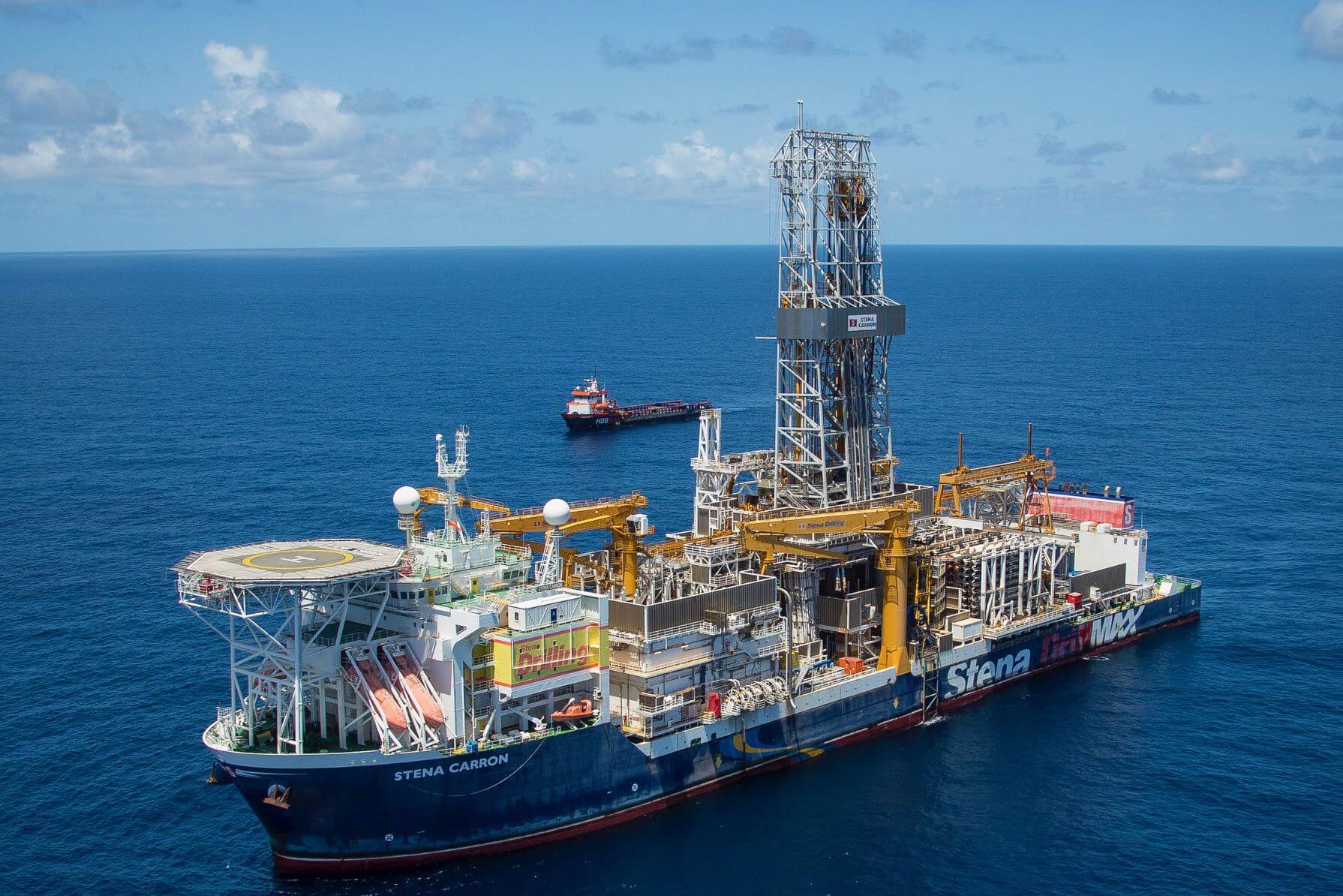UN question marks over oil and gas extraction

Threat to the Earth from faster warming
What now Suriname ?
eyesonsuriname
Amsterdam, April 5, 2022 — To combat climate change, we must not only rapidly reduce our use of fossil fuels, but also stop investing in new fossil infrastructure. Future emissions from all current projects are already too great to limit global warming to 1.5 degrees, as agreed in the Paris Agreement.
“Climate activists are sometimes portrayed as dangerous extremists, but the really dangerous extremists are the countries that are ramping up fossil fuel production,” UN chief António Guterres said on Monday April 4th.
This does not only happen in ‘petrostates’ such as Saudi Arabia and Venezuela. US President Joe Biden also calls on oil and gas companies in his country to start drilling heavily in order to reduce the high price of petrol.
In Asia in particular, plans are still underway for hundreds of new coal-fired power stations, according to figures from the Global Energy Monitor.
Such investments in new fossil infrastructure are, according to Guterres, “moral and economic madness”. That is a message that may not be found in such strong words in the new report of the UN climate panel IPCC, but which is supported by the facts gathered by hundreds of scientists.
‘Huge financial risk’
“We have made an estimate of how much CO2 the current fossil infrastructure would still emit, even if you don’t build anything,” says climate researcher Detlef van Vuuren, who co-wrote the report on behalf of the Netherlands Environmental Assessment Agency and Utrecht University. “That’s 600 to 800 gigatons of CO2.”
But for global warming to 1.5 degrees, we are all allowed to emit only 400 to 500 gigatons. “So new investments do not contribute to achieving that target and we will have to write off early to achieve it.”
This can have major economic consequences, says Heleen de Coninck, co-author on behalf of Eindhoven University of Technology. “You’re taking a huge financial risk,” she says. Fossil projects can become so-called stranded assets (assets that have lost all their value).
“You are investing in things that you know are not in line with the 1.5 degrees and which, if all goes well, will probably lose their value,” said De Coninck. Those economic losses could lead to political bailouts that in turn would be disastrous for achieving the climate goals, she warns.
“Not only because of the emissions, but also because of the financial and political dynamics that arise.”
Investments in climate lag behind
Yet the world is currently investing even more in fossil fuel projects than in all climate measures combined. To limit warming to 1.5 or 2 degrees, three to six times as large investments are needed in the climate.
That sounds like an expensive joke, but those investments are not so bad for the global economy, according to the economic models consulted by the IPCC scientists. Even if we cut emissions quickly and firmly to stay below 1.5 degrees of warming, the global economy will continue to grow strongly. Climate policy will then reduce growth by 0.1 percent annually.
Climate policy can be expensive for certain industries, but the effects on the global economy as a whole are limited, says Kornelis Blok, who co-wrote the report on behalf of TU Delft. He cites the example of a steel factory that must become climate neutral: this will increase the costs of steel by 20 percent. But the car in which that steel is ultimately processed will cost only 0.5 percent more than before. “For that factory the difference seems very big, but for the car and society as a whole it doesn’t matter that much.”
Moreover, climate change itself also entails significant costs. If the earth warms faster, we will have to deal with the economic consequences of more extreme weather, a faster rising sea level and all kinds of negative health effects. “Even from an economic perspective, climate policy is therefore attractive,” says Van Vuuren. “The benefits of climate policy outweigh the costs.”









